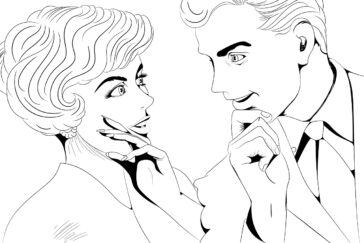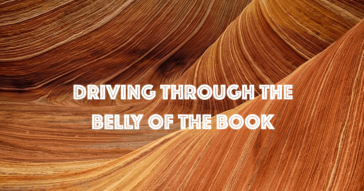Casting for Contrast, Part Two: How Characters Speak
The way your characters talk — in dialogue scenes as well as in first-person narration — can not only help a reader distinguish one from the other. It can actually serve to establish who each of them is. Is he/she an optimist or a pessimist? An extrovert or an introvert? Honest or devious? Well-educated or not so much? Perhaps as important as any of these, does he/she have a sense of humor? I hope no one needs to be told … Read More »





